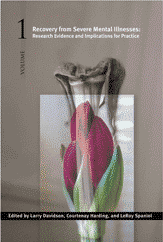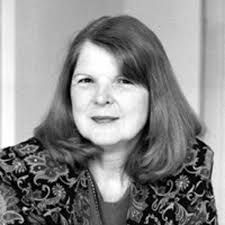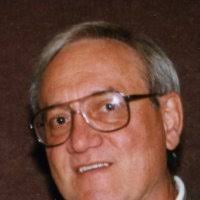Recovery from Severe Mental Illnesses: Research Evidence and Implications for Practice, Volume 1
Larry Davidson, Courtenay Harding, and LeRoy Spaniol

Book (PDF)
$24.97
Was: $49.95
Recovery from Severe Mental Illnesses: Research Evidence and Implications for Practice, Volume 1
Larry Davidson, Courtenay Harding, and LeRoy Spaniol
$24.97
Was: $49.95
Audience
Recommended for educators, researchers, and practitioners—anyone interested in understanding and serving the needs of persons with psychiatric disabilities. Valuable resource for staff development and for classroom use in courses in rehabilitation counseling, psychology, psychiatry, psychiatric nursing, and social work.
Description
In this first of two landmark volumes, Davidson, Harding, and Spaniol present over 30 years of accumulating evidence that challenges the long-held view that severe mental illnesses typically follow a deteriorating course. Recovery from Severe Mental Illnesses: Research Evidence and Implications for Practice—Volume 1 demonstrates that people with severe mental illnesses achieve higher levels of role functioning, adjustment, and subjective well-being than previously thought.
Volume 1 begins by exploring the concept and possibility of recovery for people with mental illness and follows with a number of long-term outcome studies that suggest that a significant percentage of people with severe mental illnesses dramatically improves over time. Further evidence of the possibility of recovery is offered through the perspectives and personal accounts of people who have recovered to varying degrees from serious mental illnesses.
Over 30 years of accumulating evidence supporting the possibility of recovery for people with severe mental illnesses.
Finally, this volume begins to explore the range of interventions that have been found to promote recovery for people with serious mental illnesses. Articles on psychiatric rehabilitation and community integration are presented, to be followed by articles on treatment, case management, and advocacy in Volume 2. Volume 2 addresses the role of the family, how mental health systems can become recovery-oriented systems of care, and a discussion of future directions for research and practice.
Citation: Davidson, L, Harding, C., & Spaniol, L. (Eds). (2005). Recovery from severe mental illnesses: Research evidence and implications for practice, Volume 1. Boston, MA: Boston University Center for Psychiatric Rehabilitation.
Product Details
PDF file: 512 pages
Published: 2005
ISBN: 978-1-878512-16-1
Table of Contents
Forward by William A. Anthony
Preface
Chapter 1: Recovery from Severe Mental Illness: Is It Possible?
Chapter 2: Then What Happens to People Over Time?
Chapter 3: What Helps People Improve? Part 1: The Fundamentals of Community Integration
Editors
Reviews
Click here to read a review from the Psychiatric Rehabilitation Journal.
Jabbarpour, Y. M. (2007). Book review: Recovery from severe mental illnesses: Research evidence and implications for practice, volumes 1 and 2. Psychiatric Services, 58.8.1128.



